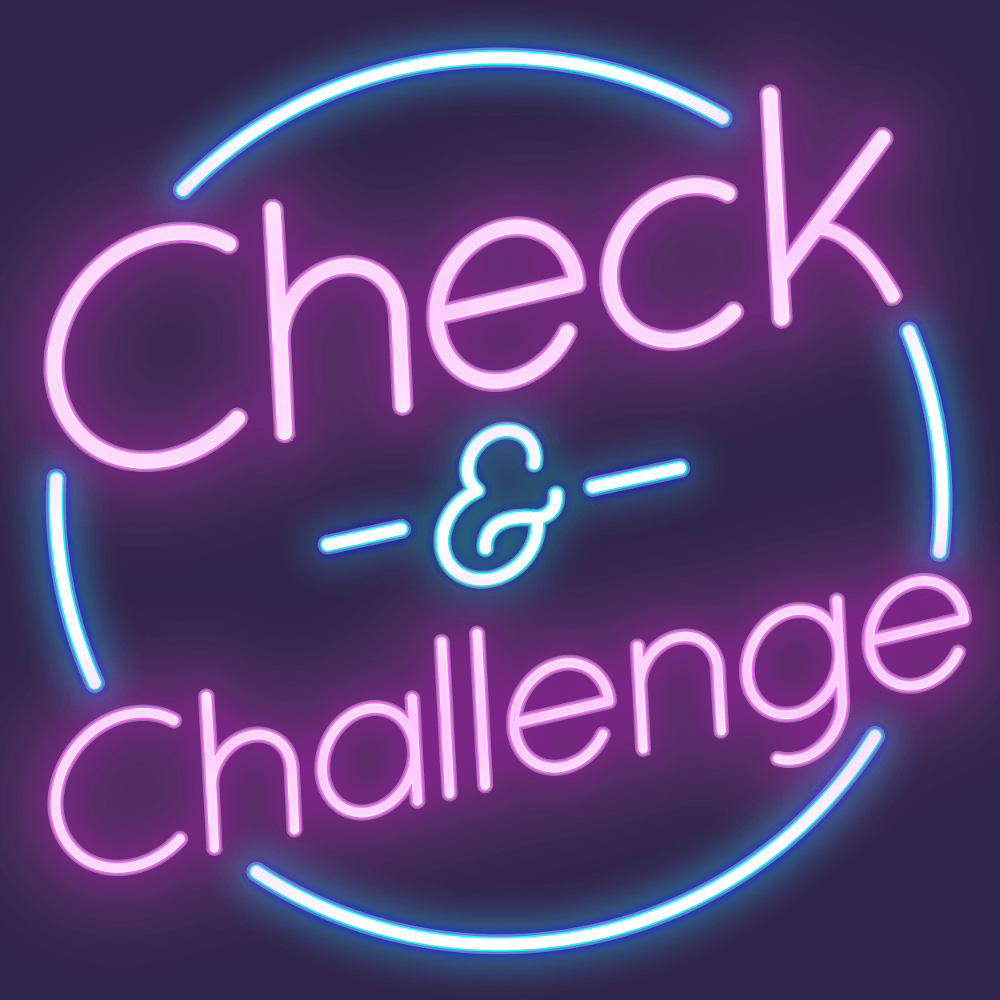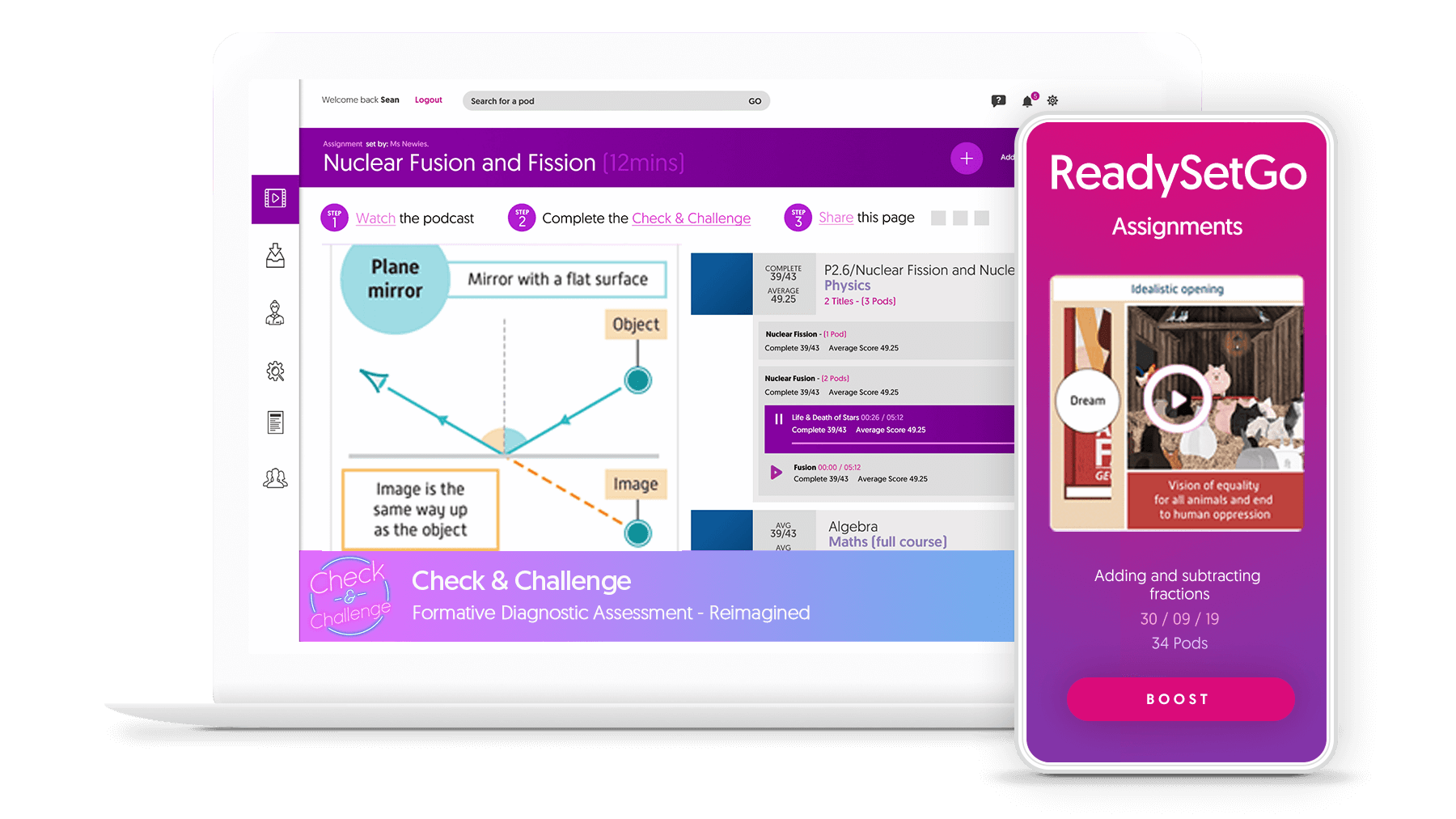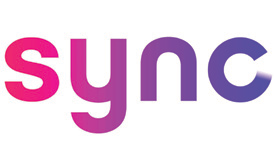As a teacher there is no, or very little, time to assess every student’s comprehension on a topic or subject but to be able to support them to the best of your ability, you need to know this.
Even with multiple-choice assessment systems – how do you factor in the time to take those results and analyse who knows the answers, who has made an educated guess and who hasn’t a clue (guessed). Which of your students then continues to feel out of their depth but does not have the confidence to speak up? And in addition to this pressure – the clock is ticking down to exam season.
As an Educator, improving student outcomes is not just your main focus, but your responsibility – and what a big responsibility that is.
There is so much doom and gloom surrounding education that it is easy to forget the positivity and relentless desire teachers hold for their cohort – especially in the face of so much adversity; so deserving of a helping hand – to confirm or deny intuition and cement findings from observation and lengthy marking sessions.
Many assessment systems depend heavily on teacher’s input. The teacher is fundamental in both providing the assessment to the students or using the data to decide next teaching points.
However, there is another way….all without any input or interaction from the teacher, but instead by reporting all activity by the student; generating true assessment data easily combined across all students to evaluate progress as a class, as a cohort, or as a school.
A student – learning independently, being able to assess themselves, instantly finding out where they went wrong, being supplied with subject knowledge content to fill the gaps in their knowledge – their confidence and self-belief soaring with every successful round.
Enter Check and Challenge from GCSEPod.
There are many assessment tools out there to help students practise answering multiple choice questions, but the quality can be highly variable.
The GCSEPod Check & Challenge system utilises questions written by subject experts, with incorrect options specifically designed around common mistakes and misconceptions students often display in the course of an exam.
The brief given to our question writers further included the need to develop questions directed at students aiming for GCSE level 8 or 9, thereby providing an extra level of challenge for students requiring that kind of support.
Key to the system is the feedback students receive. When answering a question incorrectly, they will be shown a brief explanation of why they were wrong. We wanted the system to replicate the type of support a student might receive from a personal coach or home tutor, which is why students also receive feedback when their answers are correct.
Even if a student arrives at the right answer through a lucky guess, they’ll still receive a demonstration of how the question should have been tackled and some additional context from which they can learn.

If a student is unsure about an answer, he or she can also ask for a hint. These take the form of ‘Have you thought about…’ and ‘As a first step, try…’.
From the teacher’s perspective, Check & Challenge provides a great deal of helpful detail.
Are multiple students within the class consistently making the same errors in a maths paper? In English literature, are the same references being used incorrectly? This helps teachers build up a picture of the students not just in terms of their level of understanding, but also with respect to why mistakes are being made.
Teachers can use the resulting data in lots of different ways – to spot trends, trace patterns of weakness, measure difficulty and so forth.
Assessment results can be analysed according to specific topic areas, types of errors, assessment objectives and more. The information is presented in an easy-to-interpret format and takes account of additional context, such as how many hints students might have needed.
Whether it’s gauging the strengths and weaknesses at answering certain types of questions, or comparing abilities across student groups, Check & Challenge lends itself to many different forms of data collection and interpretation – and most importantly, enables teachers to act on it.
Emma Slater, lead practitioner and curriculum advisor in secondary schools, local authorities and multi-academy trusts across the UK said, “No other resource I have ever come across, online or paper-based, contains this level and quality of questioning. Check & Challenge will enable teachers to spot weaknesses early and help make the difficult decision around which paper, foundation or higher, to sit”.
Check & Challenge is available for maths, with English literature and computer science soon to follow, before being rolled out across the curriculum.
For further information please contact info@gcsepod.com for a demonstration of the game-changing assessment functionality – quoting ‘Check & Challenge’ for a 5% discount on a 3-year subscription. Also, visit gcsepod.com/gcse-formative-diagnostic-assessment.


















